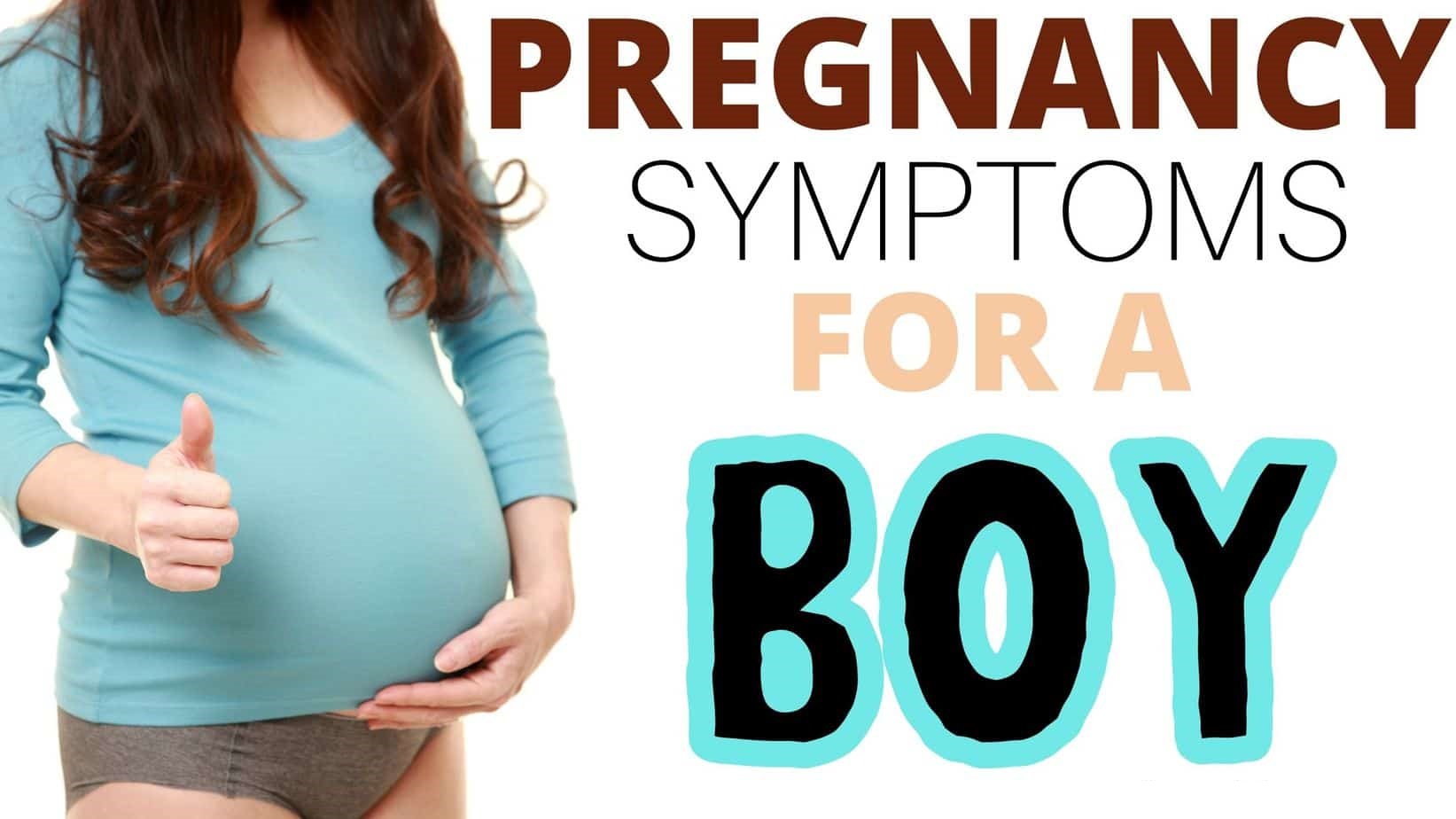
These old wives’ tales work on random assumptions and are fun to try.
It is normal for family and friends to guess the gender of the baby when you are pregnant. Some also may suggest that you have symptoms of a baby boy or girl. These assumptions and myths originated over generations out of curiosity, especially when the scans were not available. While guessing or predicting the sex of the baby through symptoms can be fun, they should not be taken seriously due to a lack of scientific evidence. Read on to know some myths associated with the baby’s gender during pregnancy.
What Determines The Sex Of A Baby?
The baby’s sex is determined by its chromosome make-up at the time of fertilization (when the sperm meets the egg). An embryo (or the baby) receives 23 chromosomes from each of the parents, where one pair is made up of the sex chromosomes that determine the sex of the baby. If the baby has two X chromosomes, it is a girl, and if it has one X and one Y chromosomes, it is a boy.
Signs You Are Having A Baby Boy – Myths Vs. Facts
Here, we list down some of the common symptoms or signs that people commonly believe are indicative of a baby boy. Let us explore the myths that can make guessing the sex of the baby fun!
1. Morning sickness
Myth: When you are not experiencing morning sickness or nausea, it is a sign that you are carrying a baby boy.
Fact: Morning sickness (nausea and vomiting) is a common symptom of pregnancy affecting between 70% and 80% of pregnant women.
2. Heart rate
Myth: If you notice that the heart rate of your baby remains under 140 beats per minute, it could indicate you are pregnant with a baby boy.
Fact: It is a misleading claim with no research to support it. A study titled Gender-Related Differences in Fetal Heart Rate during First Trimester debunks the myth saying there is no significant difference between heart rates of the boy and girl..
3. Skin and hair condition
Myth: Your skin is likely to be pimple-free when carrying a boy, whereas a baby girl borrows the mother’s beauty, deteriorating her skin. The mother will also have longer and lustrous hair in case she’s carrying a boy.
Fact: There are no studies to support these claims. Changes in skin and hair during pregnancy are due to changes in hormone levels. Hormonal changes can result in clear skin and lustrous hair, or acne and hair fall, irrespective of the baby’s sex.
4. Food cravings
Myth: If you crave for sour or salty foods, you are more likely to have a boy.
Fact: There is no scientific evidence that supports this claim. Cravings could be due to hormonal changes, nutritional deficiencies, pharmacologically active substances (present in specific foods), cultural and psychosocial factors. However, there isn’t enough more research to support these hypotheses .
5. Tummy positioning
Myth: Carrying low is one of the signs you are having a baby boy.
Fact: The way you carry does not indicate the baby’s sex. A research study published in the journal Birth, states that neither this nor the other ways of predicting a baby’s sex were right.